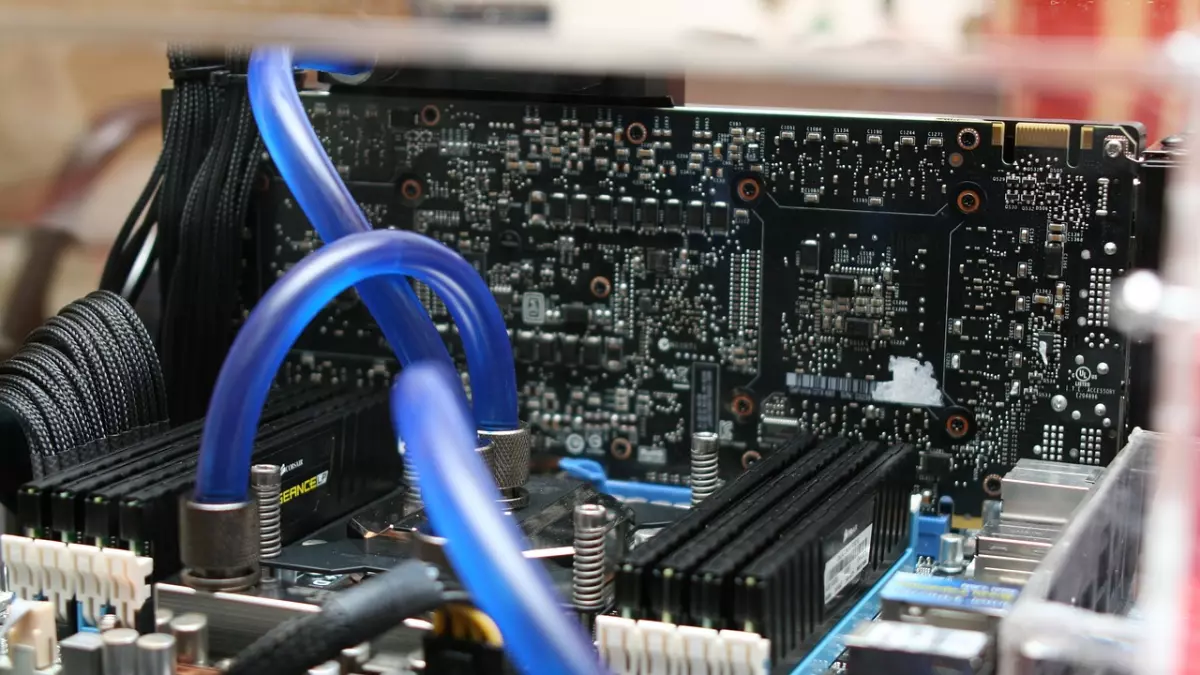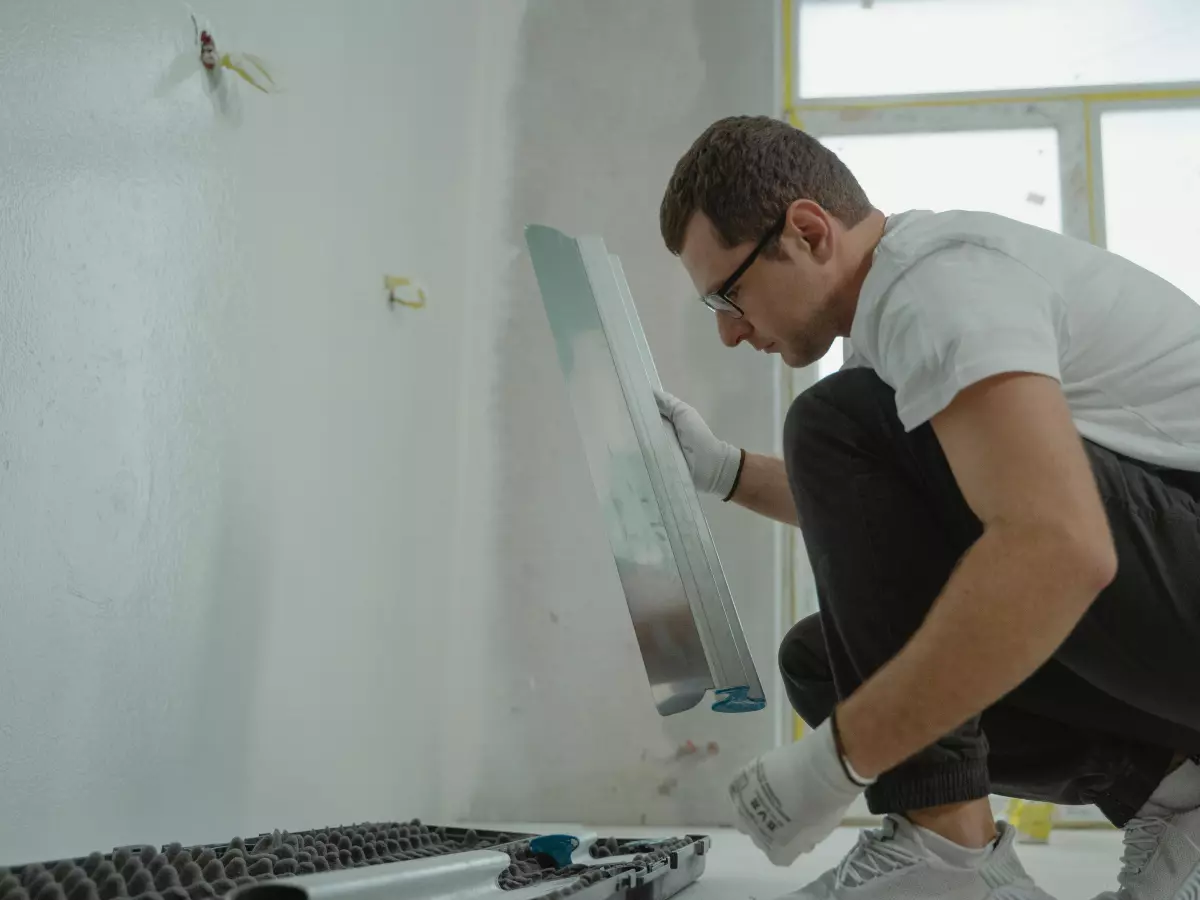Motherboard Matters
If you're looking to boost your PC's performance, you might be overlooking one crucial piece of hardware: your motherboard. Here's why it matters more than you think.

By Tomás Oliveira
When we talk about PC performance, most people immediately think of their CPU, GPU, or even RAM. But what about the motherboard? This unsung hero of your rig is often left out of the conversation, despite being the backbone that connects all your components. If your motherboard isn't up to snuff, it could be holding your entire system back. So, how exactly does your motherboard affect your PC's performance? Let's dive in.
The Motherboard's Role in Your PC
Your motherboard is like the nervous system of your computer. It connects all the critical components—CPU, GPU, RAM, storage, and more—allowing them to communicate and work together. Think of it as the highway that data travels on. If the roads are narrow or poorly maintained, traffic slows down, right? The same goes for your motherboard. A low-quality or outdated motherboard can bottleneck your system, even if you have top-tier components.
But it's not just about connecting parts. The motherboard also determines how much power your components receive, how fast data moves between them, and what kind of upgrades you can make in the future. It's the foundation of your build, and if it's weak, everything else suffers.
Chipset: The Brain Behind the Board
One of the most critical aspects of your motherboard is its chipset. The chipset controls communication between your CPU, RAM, and other components. A more advanced chipset will support faster data transfer speeds, more PCIe lanes, and better overclocking capabilities. If you're using a motherboard with an outdated or low-end chipset, you're essentially putting a speed limit on your PC's performance.
For example, if you have a high-end CPU but pair it with a budget motherboard that doesn't support the latest PCIe standards, you're not getting the most out of your hardware. The same goes for RAM and storage. Your motherboard dictates how fast these components can communicate with each other, and if it's not up to the task, your entire system will feel sluggish.
VRMs: Powering Your Components
Another crucial factor is the Voltage Regulator Modules (VRMs) on your motherboard. VRMs regulate the power that goes to your CPU and other components. If your motherboard has poor-quality VRMs, it can lead to unstable power delivery, which affects performance and can even cause crashes or system instability. This is especially important if you're planning to overclock your CPU, as overclocking requires more power.
High-quality motherboards come with better VRMs, which means more stable power delivery and better performance, especially under heavy loads. If you're pushing your system to its limits with gaming, video editing, or other intensive tasks, a motherboard with solid VRMs is a must.
Expansion and Future-Proofing
Another way your motherboard affects performance is through its expansion capabilities. A good motherboard will offer plenty of PCIe slots, M.2 slots for SSDs, and support for the latest USB standards. This not only affects your current performance but also determines how easily you can upgrade your system in the future.
If you're using a motherboard with limited expansion options, you might find yourself stuck when it's time to upgrade. Want to add a second GPU? Too bad, no extra PCIe slots. Need more storage? Sorry, no M.2 slots left. A motherboard with plenty of expansion options ensures that your system can grow with your needs, keeping your PC relevant for years to come.
BIOS and Overclocking
Finally, let's talk about BIOS. The motherboard's BIOS (Basic Input/Output System) plays a significant role in how well your system performs, especially if you're into overclocking. A good motherboard will have a user-friendly BIOS that allows you to tweak settings like CPU voltage, RAM timings, and fan speeds. This can give you a significant performance boost if done correctly.
Some motherboards even come with automatic overclocking features, making it easier for beginners to get more performance out of their system without diving into the nitty-gritty details. However, if your motherboard has a poorly designed BIOS or lacks overclocking features, you're leaving performance on the table.
Conclusion: Don't Skimp on the Motherboard
So, is your motherboard affecting your PC's performance? Absolutely. While it's easy to focus on flashy components like the CPU or GPU, the motherboard plays a crucial role in how well your system performs. From power delivery to data transfer speeds, your motherboard is the foundation of your build. If you're serious about getting the most out of your PC, don't skimp on the motherboard. Invest in a quality board with a good chipset, solid VRMs, and plenty of expansion options. Your future self—and your PC—will thank you.





